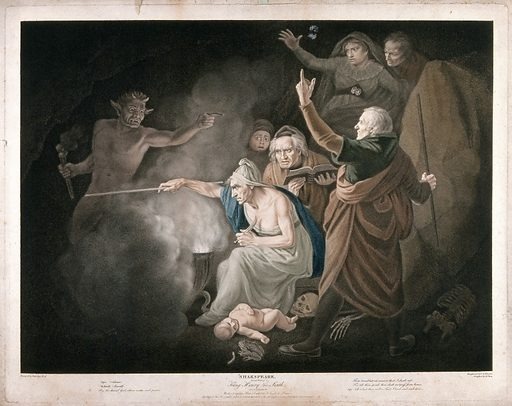
scandal 1580s, “damage to one’s reputation,” from Latin scandalum “cause for offence, temptation”
The word “scandal” has had a much longer career than any living politician. The link between “scandal” and “sex” is present right from its first appearance in English. The Ancrene Riwle, an early 13th-century guide for nuns on how to behave, says that “any touching” between a man and a nun is “so shameful, and such a naked sin, and to all the world so hateful, and so great a scandal, that there is no need to speak or to write against it”. That pretty well sets the tone for the rest of scandal’s life.
According to the Oxford English Dictionary, it came into English via Old Northern French and via the ecclesiastical Latin word “scandalum” meaning the cause of an offence. That came from a Greek word meaning a trap, so it’s interesting to think that the root of the word “scandal” is a sense that it ensnares the person being scandalous. People with a Jewish background may be familiar with the Yiddish exclamation “shonda”, meaning a “disgrace”. This too is part of the “scandal” family. One of the spellings of the word in the Ancrene Riwle is “schonde”.
Shakespeare talked of scandals in several plays as with “What a scandal is it to our crown” (Henry VI part I). The Spectator of 1889 preaches that “a Prime Minister nowadays is under no temptation to nominate men who will be either drones or scandals” – advice that doesn’t seem to have been taken since. “Scandal-mongers” first start appearing in 1721 and by 1865, the Cornhill Magazine could talk of the “infernal scandal-mongering in our neighbourhood”. The first newspapers to be condemned for being scandal-sheets were so dubbed in 1904. Raymond Chandler fans will know (of course) that in The Big Sleep, we hear: “The deal has to be closed to-night or they give the stuff to some scandal sheet.”
Other phrases that haven’t survived quite so well: “scandal-broth”, “scandal crimp” (one who collects scandal) and Robert Burns’s lovely “scandal-potion”: “Whyles, owre the wee bit cup an’ platie/They sip the scandal-potion pretty.” Something that plenty of us have been doing recently.
This piece is from the New Humanist autumn 2022 edition. Subscribe here.

